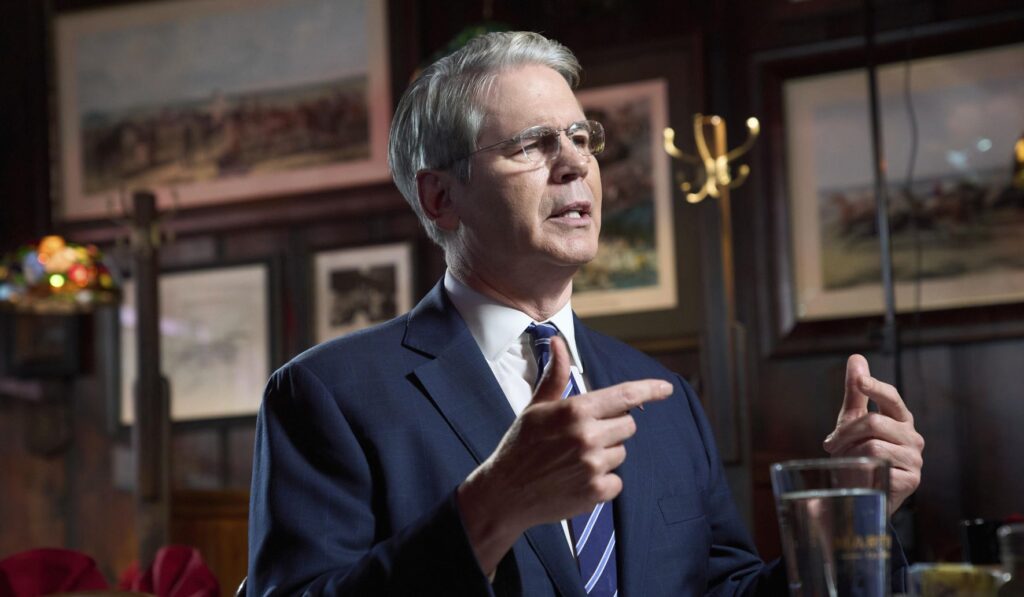Treasury Secretary Scott Bessent announced five finalists to replace Federal Reserve Chair Jerome Powell, and President Trump said he expects to make his decision soon. This article explains why that choice matters, what the process looks like, and how Republicans view the stakes. Expect a clear look at markets, policy priorities, and the political dynamics around a new Fed chair.
The shortlist from the Treasury marks a decisive moment for economic policy. Replacing Jerome Powell is not just a personnel change; it recalibrates how Washington approaches interest rates, inflation, and growth. Markets will watch every signal from the campaign to the nomination and confirmation.
A new Fed chair shapes the cost of borrowing for families and businesses, influences home loans and car financing, and affects retirement portfolios. That reach means the nomination becomes an economic story and a political one. Republicans want someone who understands practical consequences, not abstract theory.
The vetting process now focuses on credibility, temperament, and a track record of sound judgment. Candidates are evaluated on inflation-fighting credentials and their respect for free markets. For conservatives, the ideal choice balances independence with accountability to the public interest.
One key question is how a nominee will handle interest-rate policy during uneven growth and persistent price pressures. Too aggressive a tilt toward easy money risks reigniting inflation, while too rapid tightening can choke off hiring and wage gains. Republicans typically push for clear commitments to stable prices and predictable policy so businesses can plan.
Another consideration is regulatory philosophy. The Fed has authority beyond rates, including bank supervision and emergency powers. Republicans push for a chair who will resist unnecessary meddling, protect the banking system without overburdening community lenders, and restore common-sense oversight where it’s needed.
Political dynamics will also shape the confirmation path. The Senate must weigh professional competence against the Administration’s priorities. Republicans generally favor efficient confirmations that respect the President’s prerogative while ensuring nominees are fit for the job and ready to face tough hearings.
Markets tend to reward clarity. A nominee with a solid plan for anchoring inflation expectations and a pragmatic approach to growth can calm bond markets and support the dollar. For investors and ordinary Americans, predictability in monetary policy translates into steadier prices and more confident decision-making.
Public communication matters as much as policy posture. A Fed chair must speak plainly about risks and trade-offs so households and businesses can act with confidence. Republicans want a leader who can explain policy choices without partisan spin and who will prioritize jobs and productive investment.
As the White House weighs its choice, the conversation will mix economics and politics. The final selection will signal priorities for the next presidential term, shaping everything from small-business lending to long-term interest rates. For conservatives, this is a chance to anchor monetary policy in discipline, transparency, and support for sustained economic growth.



